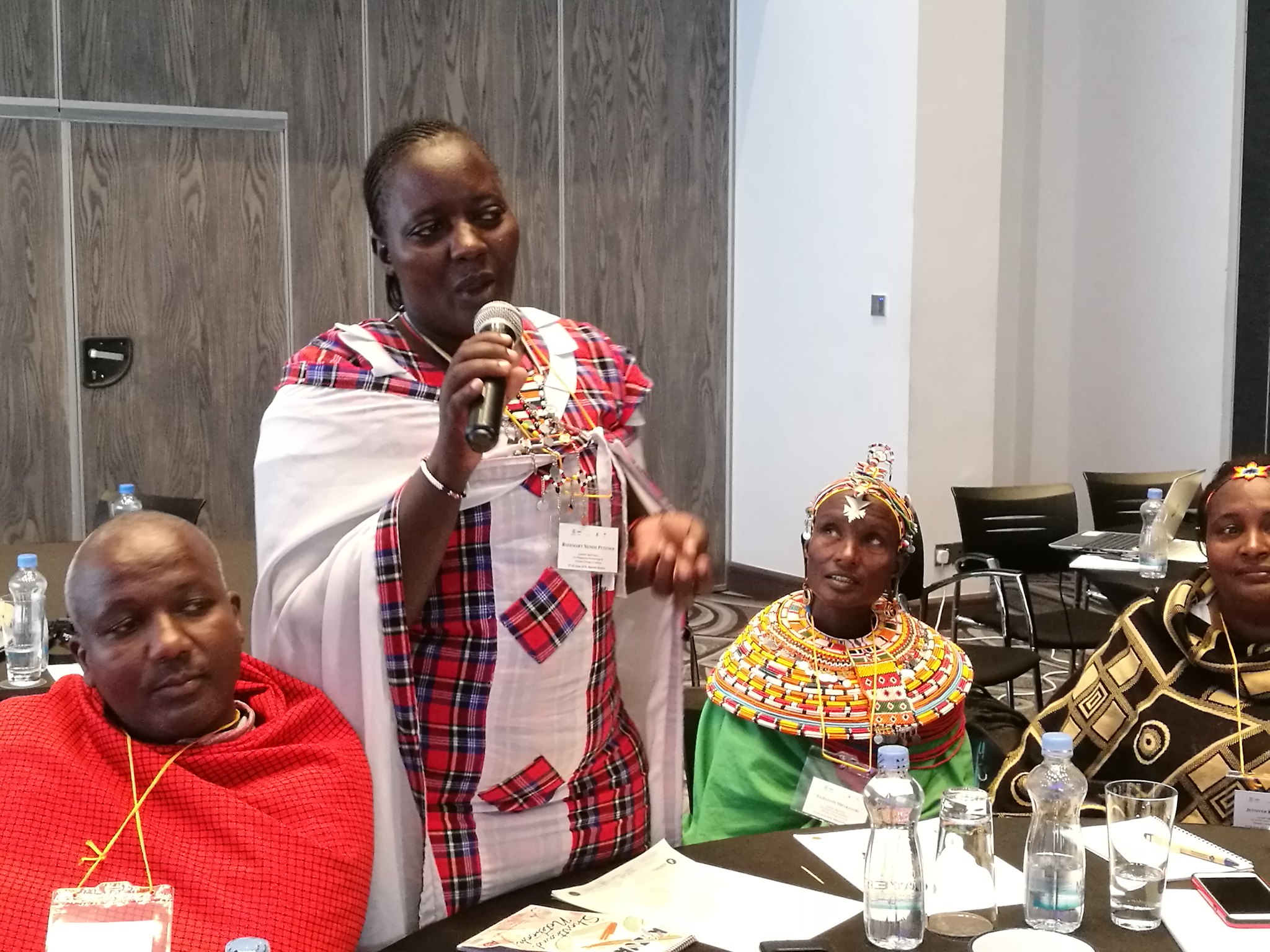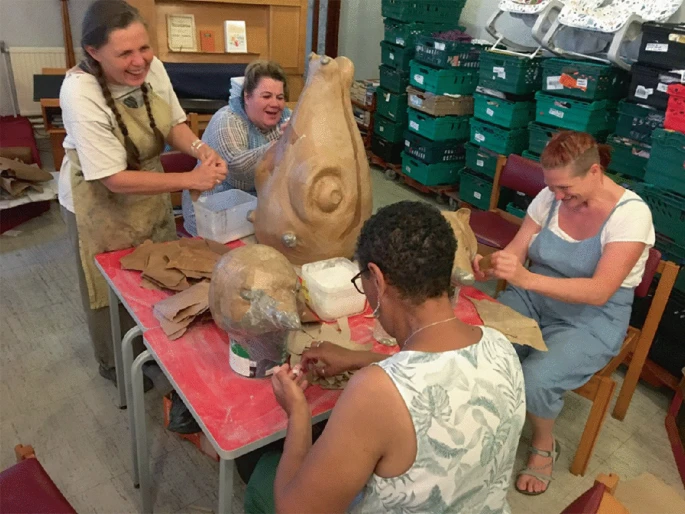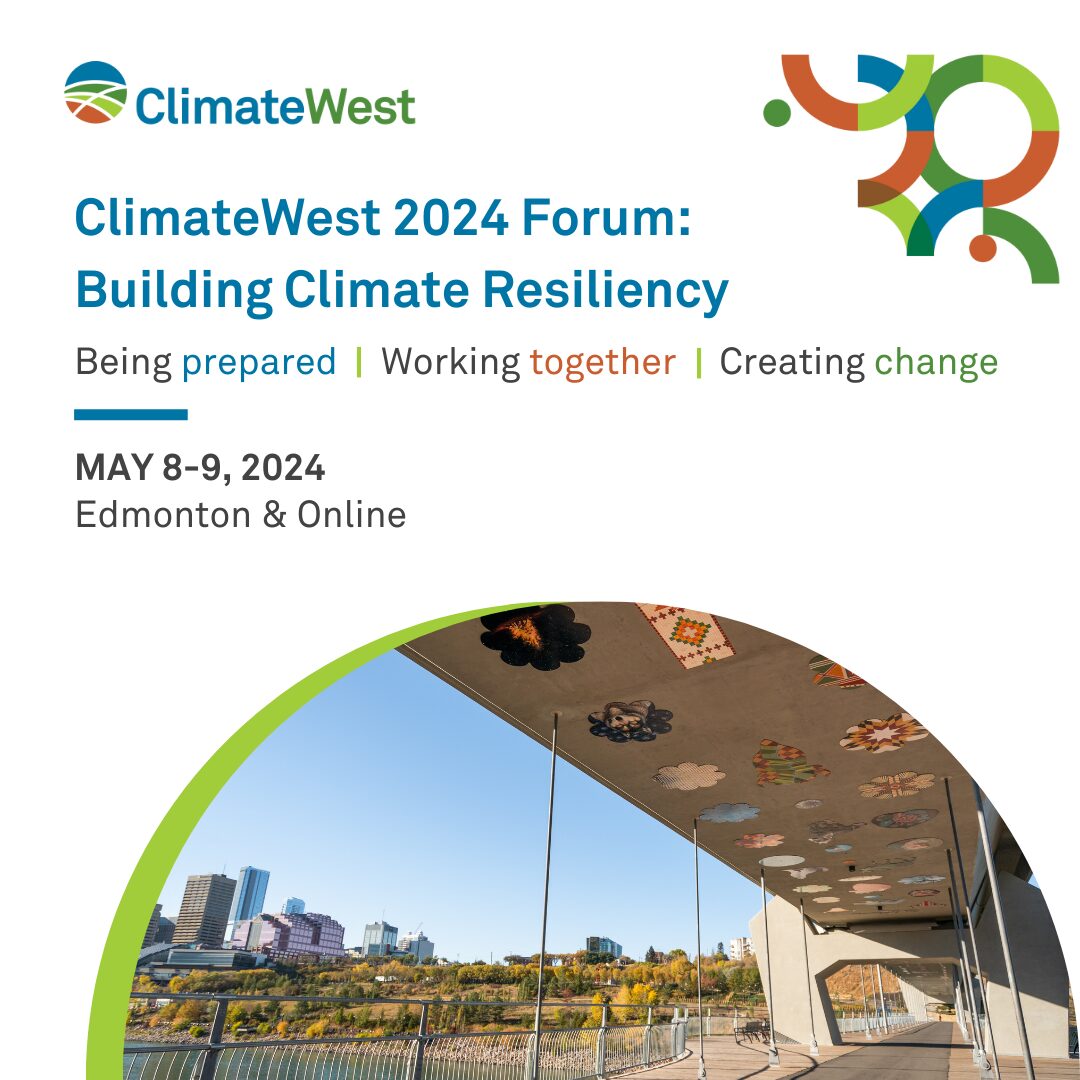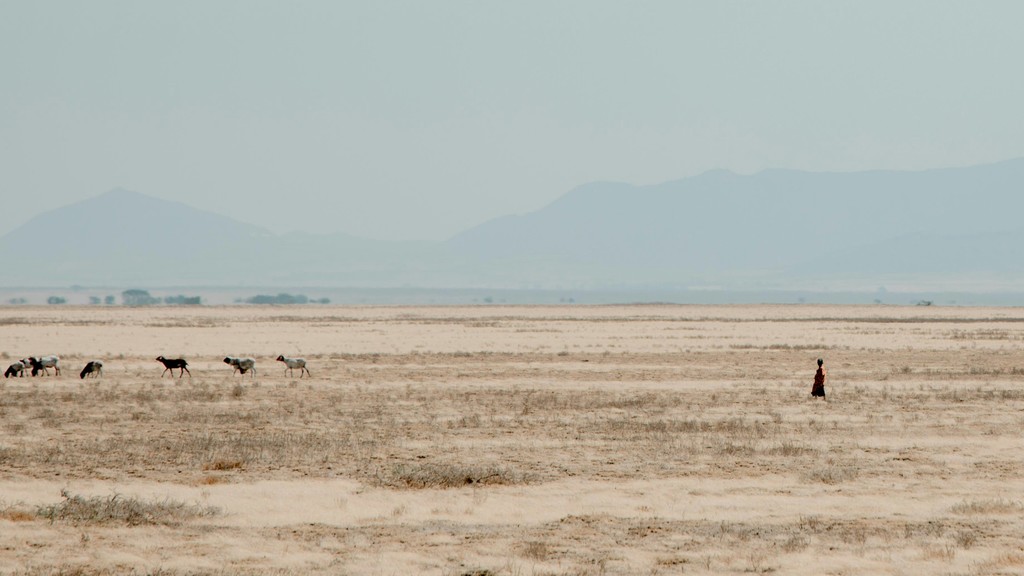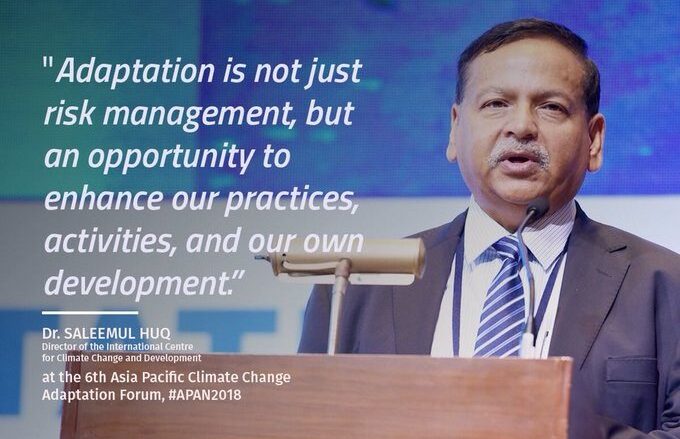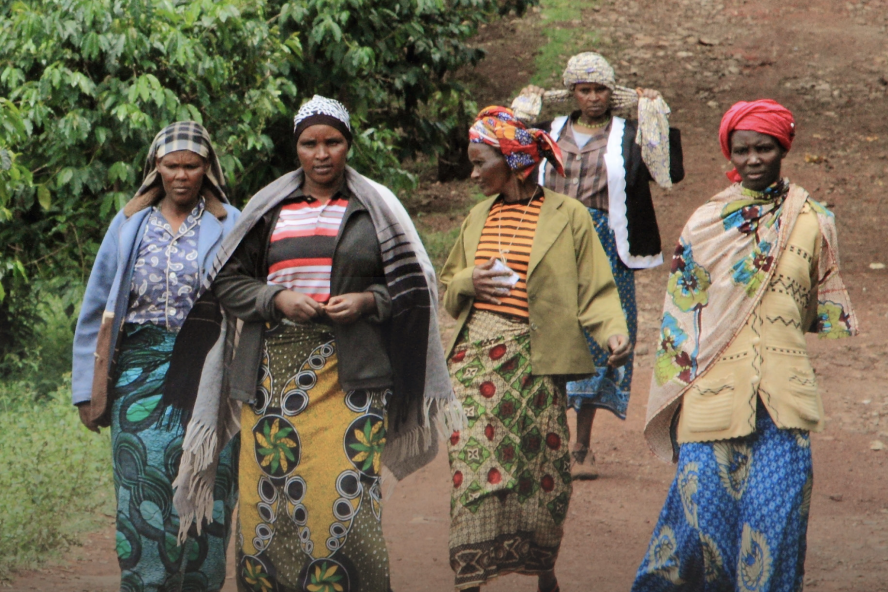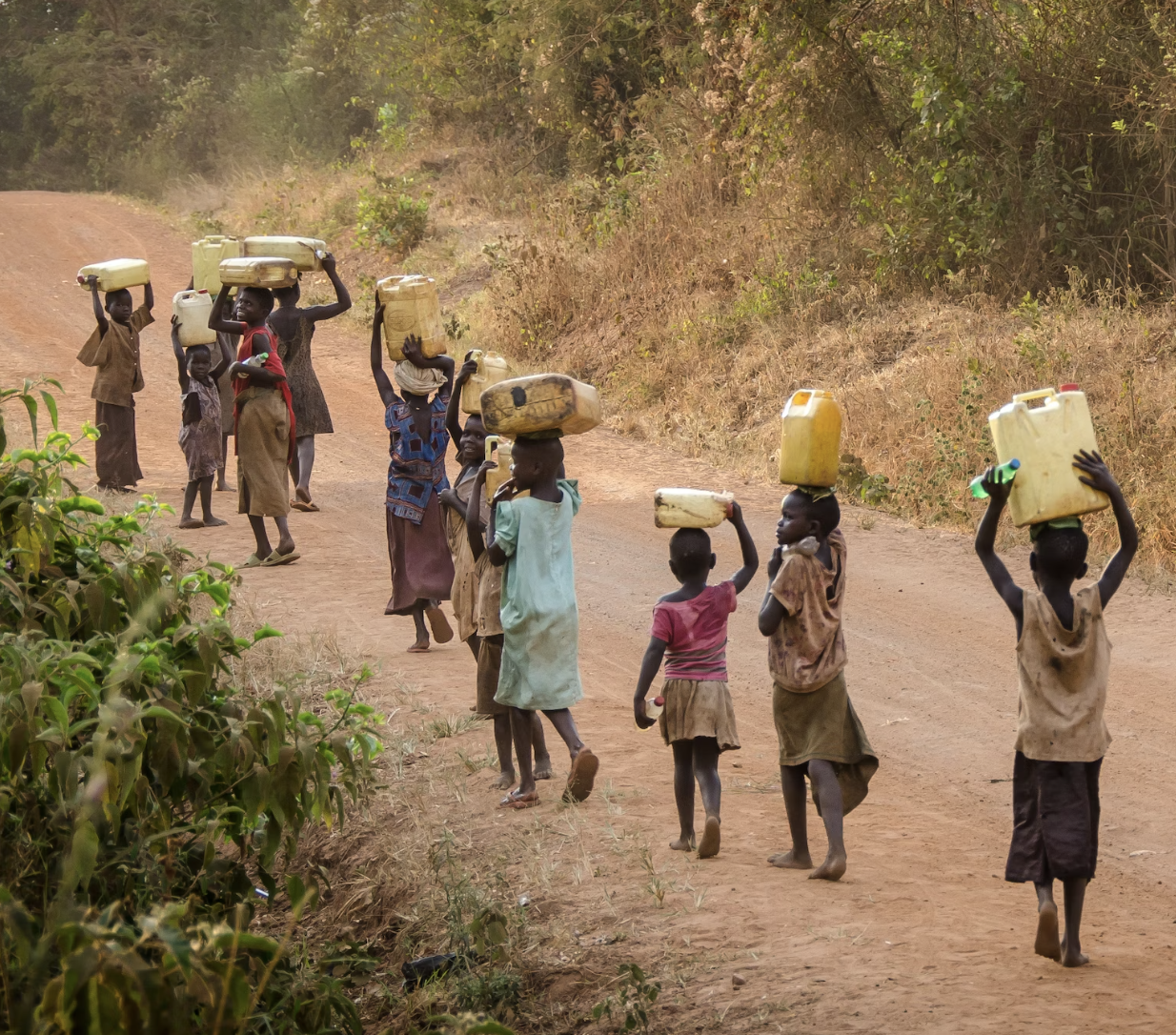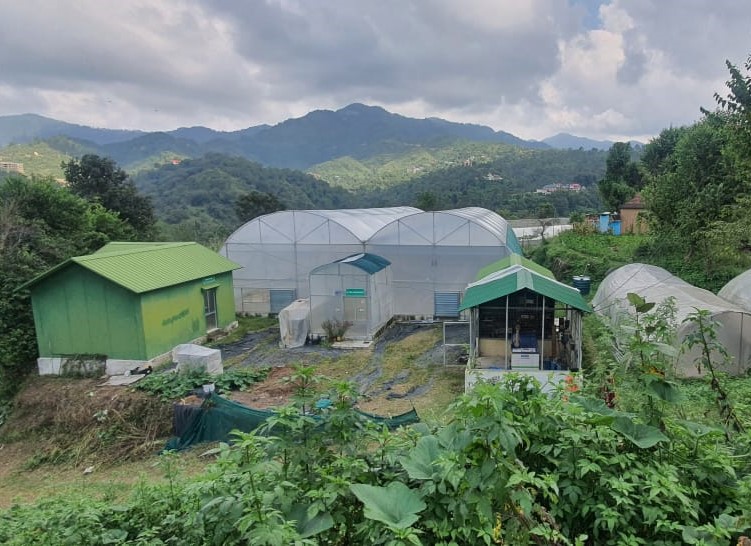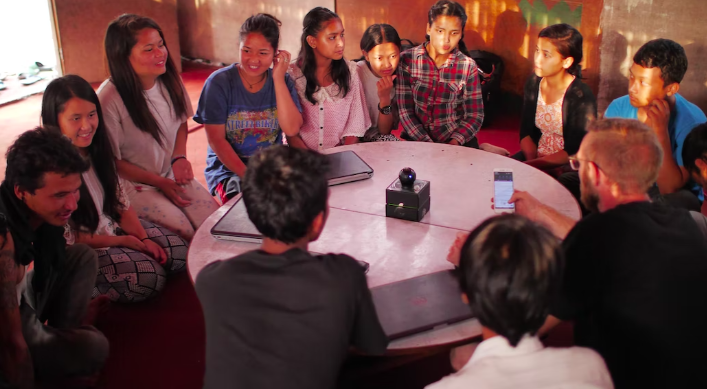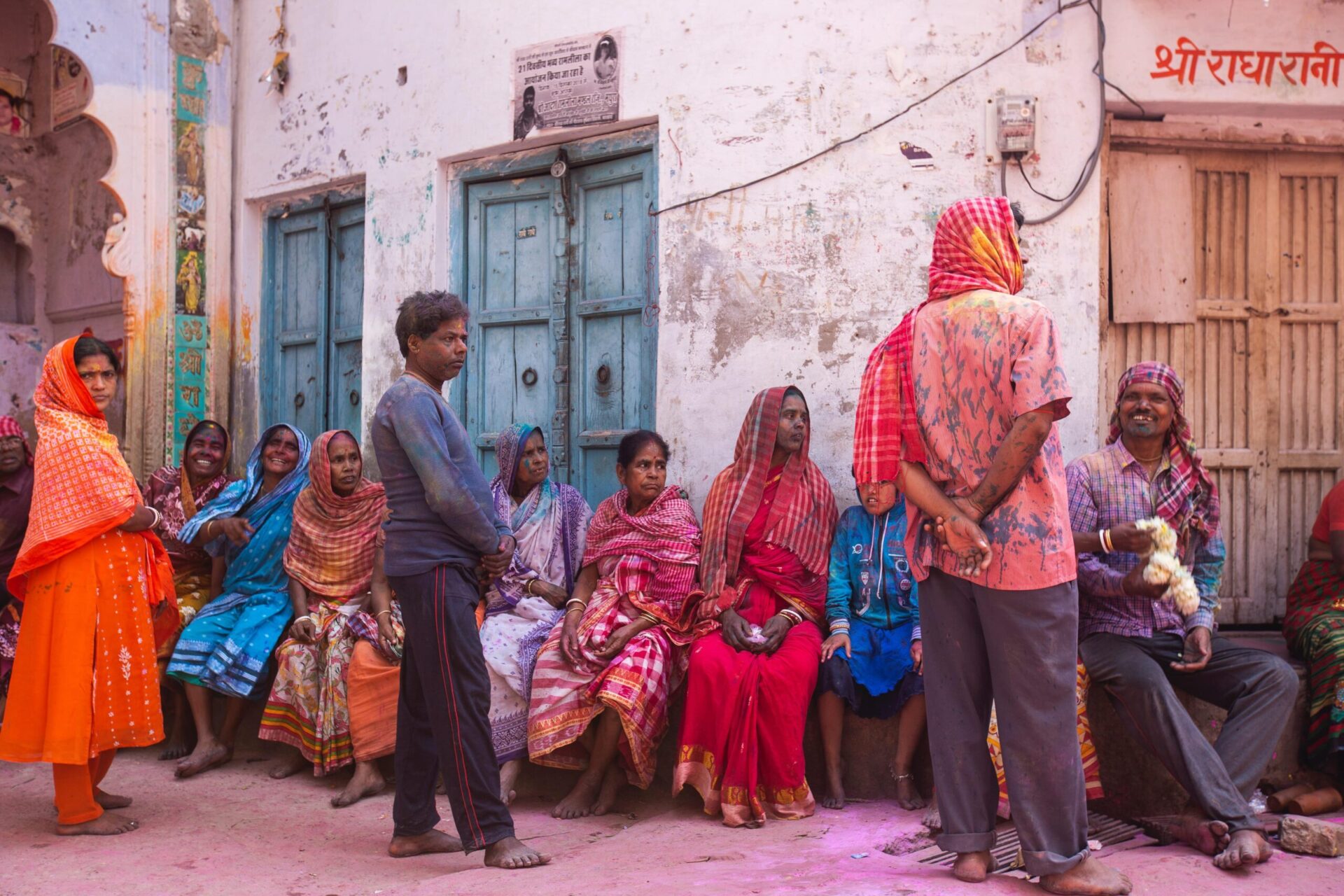Theme
Community Based Adaptation (CBA)
This theme aims to support and connect people working to empower communities to adapt to climate change and features monthly collaborative learning CBA forums.
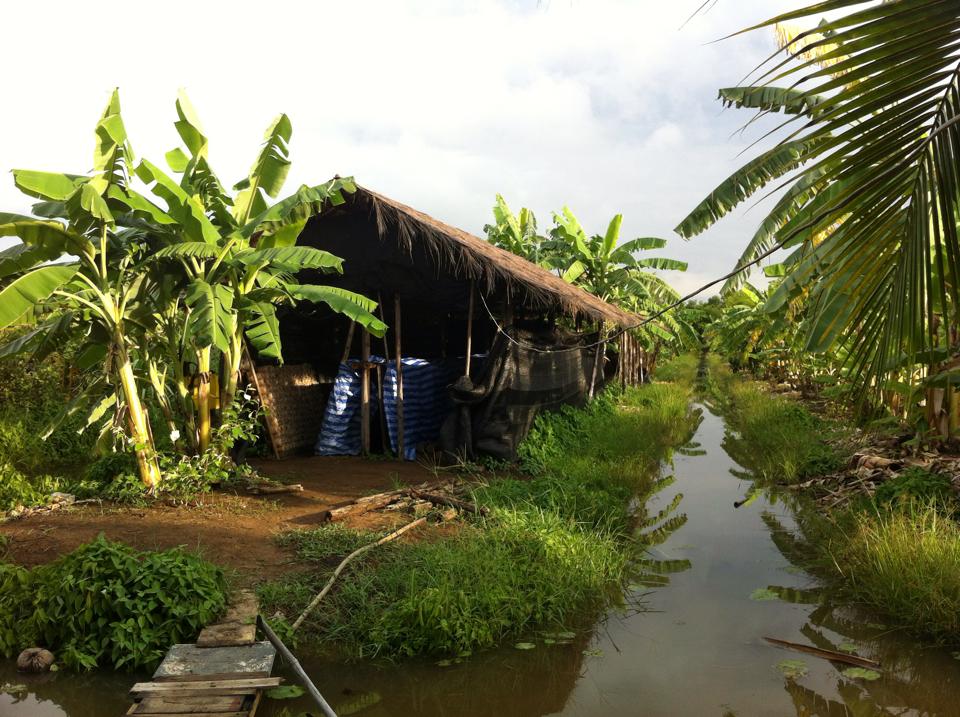
The role of indigenous knowledge in climate change adaptation in Africa
This study documents evidence of the potential of Indigenous and local knowledge in reducing vulnerability to climate change and/or improving the resilience of communities.
Learning from Arts and Humanities approaches to building Climate Resilience in the UK
This book chapter shares insights from five arts and humanities-led UK Climate Resilience Programme (UKCR) projects, presenting key learnings and pathways for future research and policy interventions.
ClimateWest 2024 Forum
Save the date! The 2nd annual ClimateWest Forum is set to take place on May 8-9, 2024 in Edmonton and online.
CBA18 Conference: Local Solutions Inspiring Global Action
The CBA conference series aims to bring together a community of practitioners who are collectively seeking to reimagine solutions that enable transformative outcomes, through the agency of communities driving climate action.
In appreciation of Prof Saleemul Huq (1952-2023)
"His work for climate justice was tireless and we all have a responsibility to take that work forward”. We want to express our profound sadness at the passing of Prof Saleemul Huq, who was a tireless and inspiring champion for climate change adaptation and capacity-building for vulnerable people and communities worldwide.
Factsheet for young people: Locally Led Adaptation
How can locally led adaptation respond to highly localized risks in contexts marked by deficits in formal governance machinery? Learn more in this factsheet, which is part of a series that presents information from the Global Center on Adaptation’s flagship reports State and Trends in Adaptation in Africa 2021 and 2022.
Stories of Resilience: Lessons from Local Adaptation Practice
Discover stories of resilience, based on the sessions of the 2022 Gobeshona Conference on Locally Led Adaptation, and explore the difference between local action and locally led action, as well as effective ways of supporting local leadership in this report.
Carbon Proofing Towards Resilient Mountain Communities – The Eco-village Scheme
What does carbon proofing look like in Himachal Pradesh, India? The Eco-village Scheme with its innovative concept demonstrates a model of environmentally sustainable development, supported by the state government and GIZ.
Locally Led Adaptation: From Principles to Practice
Explore 21 global examples of approaches and mechanisms to advance locally led adaptation, which positions local actors as key decision-makers in climate adaptation. Learn about how these approaches can be successfully implemented in practice.
Principles for Locally Led Adaptation
Learn more about the principles for locally led adaptation. Developed by the Global Commission on Adaptation, the principles aim to guide the adaptation community as it moves programs, funding, and practices towards adaptation that is increasingly owned by local partners.
